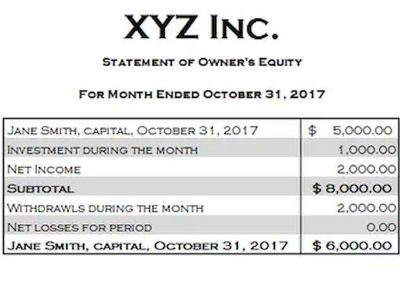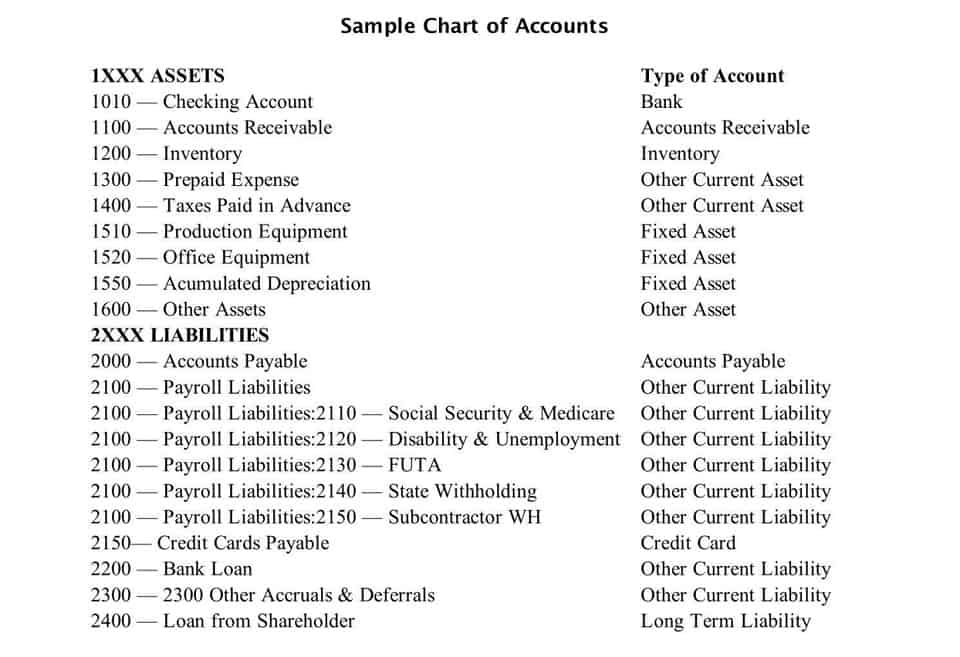
By addressing previous audit issues, you proactively improve your internal processes by resolving identified issues. It builds a culture of accountability and responsibility, laying the groundwork for a more efficient and effective audit process in the future. Regular AP audits support a culture of transparency and accountability while encouraging your team to stay updated on industry regulations. These audits ensure compliance with policies, accuracy in payments and proper record-keeping, safeguarding against financial losses.

Review Payment Process and Policies
Without proper oversight and regular checks, accounts payable can turn into a source of financial complexity and risk. By ensuring that accounts payable processes are accurate, safe, and compliant, you can keep the financial gears of your business running smoothly. A properly conducted AP audit is critical for the financial health of your business and the performance of your accounts payable department. Using the right procedures ensures your organization’s finances are transparent, accurate, and free from fraudsters. Other procedures such as examining supporting documents and reconciling suppliers’ statements are also performed.

Accounting Process Best Practices: Three-Way Match

This shift from paper-based systems to dynamic, cloud-based platforms ensures unparalleled process visibility, making AP auditing more efficient and insightful. The AICPA (American Institute of Certified Public Accountants) delineates audit standards, drawing guidance from the Auditing Standards Board (ASB), ensuring comprehensive and standardized audit practices. Based on Accounting For Architects their criteria around auditing, attestation, and quality control, auditors look for veracity in AP records with a focus on potential fraud, risk, malfeasance, and any general mistakes.
Financial Automation Platform
Purchase orders, with their detailed outline of transaction specifics, provide a reassuring confirmation. They accounts payable audit specify pricing, quantities, and payment terms, allowing auditors to compare these with vendor invoices and delivery receipts. This comparison confirms that the business’s order was received and paid for correctly, helping to detect overcharges, incomplete deliveries, or unauthorized purchases. The examination phase also ensures compliance with internal policies, vendor agreements, and regulatory standards, addressing risks like unauthorized transactions or unrecorded liabilities.

The importance of auditing AP on a regular basis

As AP audits become more technology-driven, the focus will shift towards managing and mitigating risks. Tools that assess and rank risk factors will allow auditors to prioritize areas requiring attention. Automation tools integrate with ERP systems, enabling data synchronization across departments. The auditor should compare the accounts payable balance of current year to previous years. In addition, they should also compare the selected individual amount owed in the accounts payable listing for current year to previous years as well.
- MineralTree’s AP automation solution is certified with SOC1 and SOC2 certifications.
- The primary goal of the accounts payable department is to ensure that only legitimate bills and invoices are paid.
- Having a trustworthy and efficient end-to-end accounts payable process is vital for a company’s reputation and credibility.
- Compliance demands that GAAP procedures are followed, which includes reviewing a company’s audit trail in detail at a transaction level to confirm the right accounting methods are used.
- The auditors would have to go through document store and files to find the information that they were looking for.
- The software recognizes text-based characters, so it’s able to sort the data for your company.
Receiving Reports
- Depending on company size, this can last a few days or a few weeks, after which an audit report will be generated that compiles and analyzes the research.
- Recalculation means auditors do the math again on invoices and other AP documents.
- After one year, an auditor typically performs a follow-up review to check on whether process improvements have been implemented successfully, achieving their desired results.
- Thus, accounts payable auditing strategies rely heavily on fraud risk assessment standards set out by the Auditing Standards Board of the American Institute of Certified Public Accountants (AICPA).
- Your business will receive notification of the audit, and a meeting will be scheduled to discuss standard operating procedures (SOPs).
- When auditing accounts payable, auditors are generally looking for the following.
Auditing for completeness is the process of verifying payable balances against general ledger balances – that they are “complete” based on real payable journal entries, purchase orders, and invoices. Effective AP management ensures timely payments to vendors and helps maintain a company’s credit standing. Accounting Periods and Methods Streamlined AP processes can help improve cash flow by taking advantage of early payment discounts. An AP audit will determine whether a company’s AP process adheres to the strictures of GAAP practices. Compliance demands that GAAP procedures are followed, which includes reviewing a company’s audit trail in detail at a transaction level to confirm the right accounting methods are used. Vendor invoices, the backbone of any accounts payable audit, are of paramount importance.